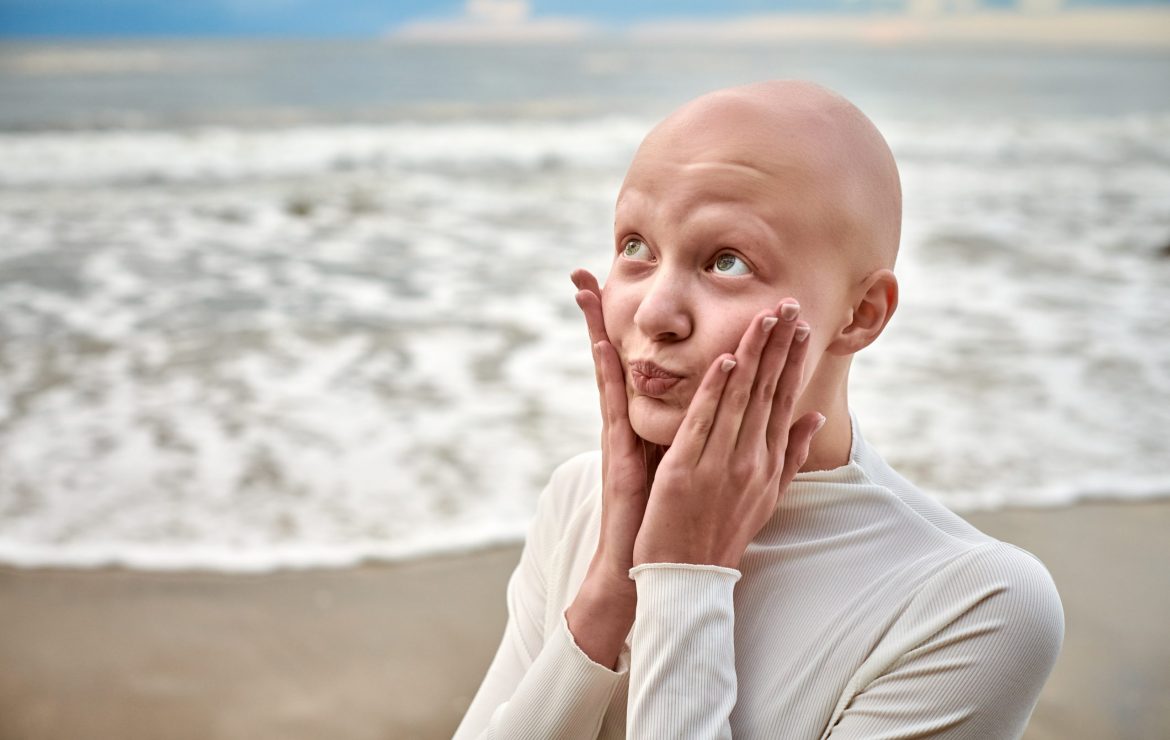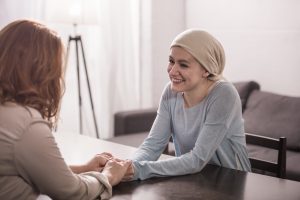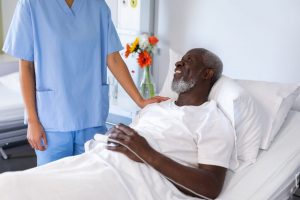The Role of Loved Ones, Hobbies, and Favorite Activities in Enhancing Cancer Treatment Outcomes

Cancer treatment is not just a physical battle but also an emotional and psychological journey. While medical treatments like chemotherapy, radiation, and surgery are critical, maintaining connections with loved ones and engaging in favorite activities can significantly enhance a patient’s well-being and potentially improve treatment outcomes. Here’s an in-depth look at why these elements are so beneficial, supported by scientific data.
The Importance of Social Support
Emotional and Psychological Benefits
- Reduced Stress and Anxiety: Spending time with loved ones provides emotional support that can reduce stress and anxiety, which are common during cancer treatment. The presence of family and friends offers a sense of normalcy and comfort, helping patients cope better with the challenges they face.
- Improved Mental Health: Social interactions can alleviate feelings of loneliness and depression, which are prevalent among cancer patients. Emotional support from loved ones has been shown to improve overall mental health and quality of life.
Scientific Evidence
- Longevity and Survival Rates: Studies have indicated that cancer patients with strong social support systems tend to have better survival rates. A study published in the Journal of Clinical Oncology found that women with breast cancer who had high levels of social support had lower mortality rates compared to those with less support.
- Improved Treatment Adherence: Patients who have robust social networks are more likely to adhere to their treatment regimens, attend appointments, and follow medical advice. This adherence is crucial for the effectiveness of cancer treatments.
The Role of Engaging in Hobbies and Favorite Activities
Physical Benefits
- Enhanced Physical Health: Engaging in physical activities, even mild exercise like walking or yoga, can boost physical health, improve energy levels, and reduce treatment-related fatigue. Exercise has been shown to strengthen the immune system, which is particularly beneficial for cancer patients.
Psychological Benefits
- Mental Stimulation and Joy: Hobbies such as reading, painting, gardening, or playing music provide mental stimulation and a sense of joy. These activities can distract patients from the discomforts of treatment and offer a sense of accomplishment and purpose.
- Stress Relief: Engaging in favorite activities can significantly reduce stress levels. Activities that induce relaxation, such as meditation, knitting, or spending time in nature, help lower cortisol levels and improve overall well-being.
Scientific Evidence
- Quality of Life Improvements: Research published in the Psycho-Oncology journal showed that cancer patients who engaged in enjoyable activities reported higher quality of life and better emotional well-being. The study highlighted the importance of integrating leisure activities into the care plan for cancer patients.
- Reduced Symptoms and Side Effects: A study in the Journal of Pain and Symptom Management found that engaging in hobbies and recreational activities helped reduce symptoms like pain, nausea, and fatigue among cancer patients.
The Impact of Favorite Foods
Nutritional Benefits
- Maintaining Nutrition: Enjoying favorite foods can help cancer patients maintain adequate nutrition, which is essential for energy and recovery. Treatment often affects appetite and taste, so consuming preferred foods can ensure patients continue to eat sufficiently.
- Emotional Comfort: Favorite foods provide emotional comfort and pleasure, which can be particularly soothing during the stressful periods of treatment.
Scientific Evidence
- Improved Appetite and Nutritional Intake: Studies have shown that cancer patients who incorporate their favorite foods into their diet are more likely to maintain better nutritional intake, which is crucial for sustaining strength and resilience during treatment.
Integrating Loved Ones, Hobbies, and Favorite Activities into Cancer Care
Practical Tips
- Create a Support Network: Encourage family and friends to be actively involved in the patient’s journey. Regular visits, phone calls, and virtual meetings can provide consistent emotional support.
- Incorporate Enjoyable Activities: Identify hobbies and activities that the patient enjoys and can physically manage. Schedule regular time for these activities to ensure they remain a part of the patient’s routine.
- Include Favorite Foods: Work with a nutritionist to incorporate favorite foods into the patient’s diet, ensuring they meet nutritional needs while also providing comfort and pleasure.
- Utilize Support Groups: Joining support groups for cancer patients can provide additional emotional support and opportunities to share experiences and coping strategies.
Conclusion
Maintaining connections with loved ones, engaging in favorite activities, and enjoying favorite foods play a significant role in enhancing the well-being of cancer patients. These elements not only provide emotional and psychological benefits but also contribute to improved treatment outcomes and quality of life. Scientific evidence supports the positive impact of social support and engaging in enjoyable activities on cancer treatment, highlighting the importance of a holistic approach to care. Integrating these aspects into cancer care can offer patients the comfort and strength needed to navigate their treatment journey more effectively.















